Premature ejaculation (PE) is one of the most common forms of male sexual dysfunction, characterised by ejaculation sooner than the man or his partner would like during sexual intercourse.
For clinical diagnosis, PE is usually categorised into two types:
Studies indicate that PE affects up to 30% of men globally at some point in their lives, making it a widespread yet under-discussed condition. While it is not physically harmful, its impact on emotional well-being, self-esteem, and intimate relationships emphasises the importance of addressing it promptly.
Modern medical advances and therapeutic techniques have made premature ejaculation highly manageable, with advanced treatment plans available to help men improve their sexual performance and overall quality of life.
Premature ejaculation (PE) primarily stems from complex neurobiological mechanisms involving the brain’s regulation of the ejaculatory process. At the heart of this condition is an imbalance in neurotransmitters—chemical messengers that facilitate communication between nerve cells. Serotonin, a key neurotransmitter, plays a crucial role in inhibiting ejaculation. Low levels of serotonin or hypersensitivity of certain serotonin receptors can lead to a decreased ability to delay ejaculation. Specifically, altered functioning in areas of the brain such as the lateral hypothalamic area and the paragigantocellular nucleus can disrupt the normal inhibitory control over the ejaculatory reflex.
This neurochemical imbalance results in the overactivity of the ejaculatory pathways, causing the reflex to be triggered more quickly during sexual stimulation. Additionally, genetic factors may contribute to PE by influencing neurotransmitter levels or receptor sensitivity, making some individuals more predisposed to the condition. Hormonal influences, such as abnormal levels of oxytocin—a hormone that can facilitate sexual arousal and orgasm—may also accelerate the ejaculatory response.
Furthermore, heightened sensitivity of penile nerves can amplify sensory signals during sexual activity, sending stronger or faster messages to the brain and spinal cord that trigger ejaculation. This increased sensory input can override the mechanisms that typically allow for ejaculatory control. In some cases, underlying neurophysiological conditions affecting the spinal cord or peripheral nerves may disrupt the normal pathways that regulate ejaculation.
In essence, premature ejaculation arises from a combination of neurochemical imbalances, genetic predispositions, and neurophysiological factors that collectively diminish a man’s ability to control the timing of ejaculation.

Premature ejaculation (PE) is characterised by a consistent inability to control ejaculation, which can occur with minimal sexual stimulation and often before the individual desires. While the timing varies between individuals, certain signs and symptoms indicate this condition:
These symptoms can be lifelong (present from the beginning of sexual experiences) or acquired later in life, depending on the underlying cause. If these signs are persistent and causing distress, seeking medical advice is important to explore potential treatment options.
Premature ejaculation (PE) can affect men of all ages and backgrounds, but certain factors may increase the likelihood of developing this condition. In Singapore, these risk factors include:
At Phoenix Medical, we understand that discussing sexual health can feel uncomfortable, but our team is committed to creating a safe and supportive environment for you. Diagnosing premature ejaculation is the first step toward identifying the right treatment plan according to your needs. Our doctor may conduct the following for a comprehensive diagnosis:
At Phoenix Medical, we treat every case with the utmost confidentiality and respect. By understanding the root cause of PE, we can work with you to regain control and confidence in your sexual health.

At Phoenix Medical, we offer a range of treatment options to help men overcome premature ejaculation and regain confidence in their intimate relationships. Our personalised approach ensures that each treatment plan is developed considering your specific needs and preferences. Here’s how we can help:
At Phoenix Medical, we support you with care, compassion, and expertise to help you achieve long-term improvements in your sexual well-being. Reach out to us today to start your journey toward better sexual health.
Can lifestyle changes help manage premature ejaculation?
Yes, incorporating regular exercise, practising stress management techniques, and maintaining open communication with your partner can positively impact sexual performance and help manage premature ejaculation.
Is premature ejaculation a permanent condition?
Not necessarily. Many men experience improvement through behavioural techniques, counselling, or medical treatments, leading to better control over ejaculation.
Can premature ejaculation affect fertility?
Premature ejaculation does not typically impact sperm quality or quantity; however, if ejaculation occurs before penetration, it may reduce the chances of conception.
Are there any over-the-counter remedies for premature ejaculation?
Some over-the-counter products, such as desensitising sprays or condoms, may help delay ejaculation, but it is advisable to consult a healthcare professional before use.
How does premature ejaculation differ from erectile dysfunction?
Premature ejaculation involves ejaculating sooner than desired, while erectile dysfunction (link to service page) is the inability to achieve or maintain an erection suitable for sexual activity.
Can certain medications cause premature ejaculation?
Some medications, particularly those affecting neurotransmitter levels, may influence ejaculatory control. It’s important to discuss side effects with your doctor.
Is it possible to prevent premature ejaculation?
While not all cases can be prevented, practising relaxation techniques, engaging in regular sexual activity, and addressing psychological stressors may help reduce the likelihood of premature ejaculation.
When should I seek professional help for premature ejaculation?
If premature ejaculation occurs frequently, causes distress, or impacts your relationship, it’s advisable to consult a healthcare professional for evaluation and guidance.



9:00am to 8:30pm
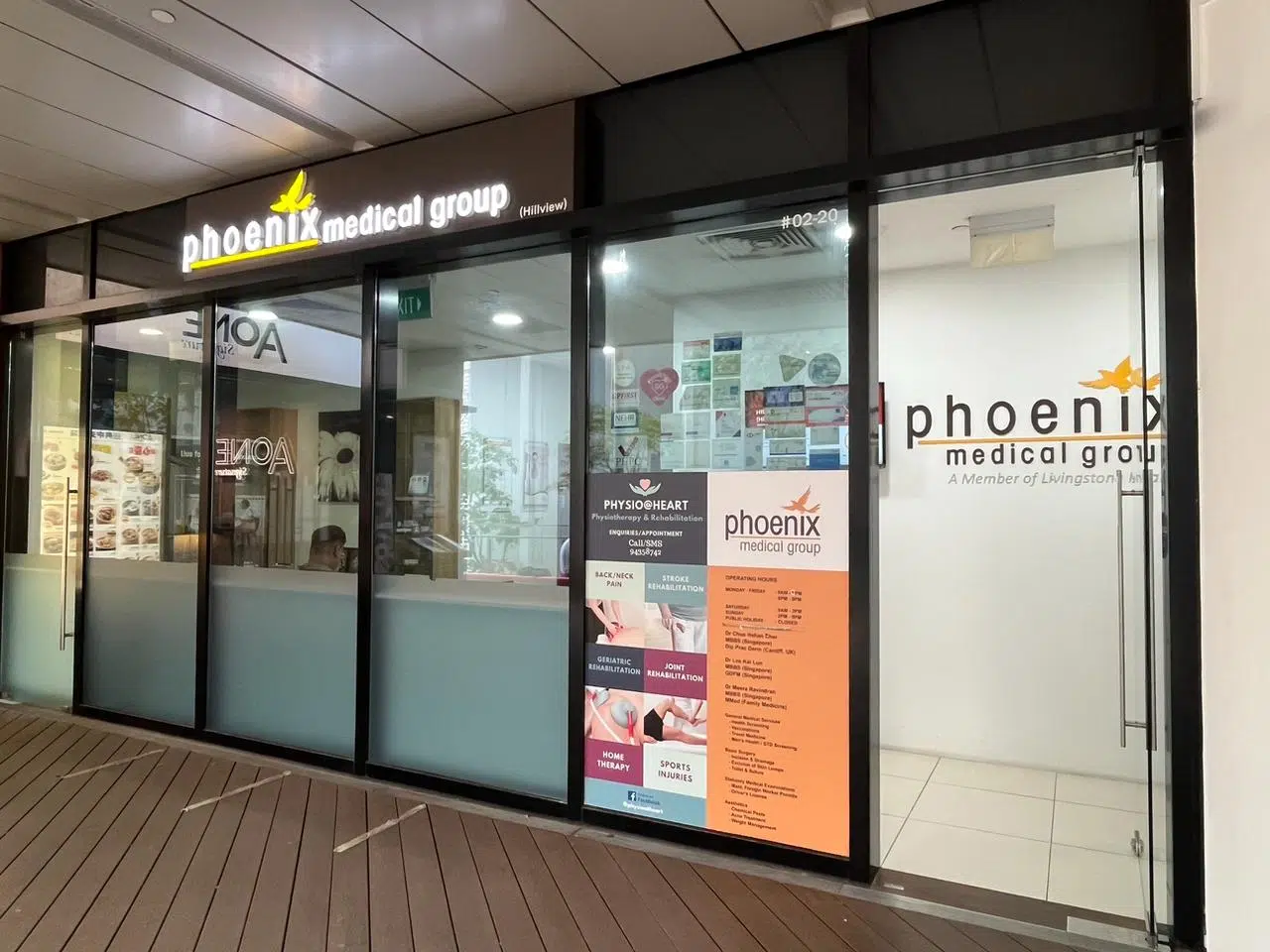
9:00 am - 4:30 pm, 6.00 pm - 8:30 pm
9:00 am - 1:30 pm
2:00 pm - 8:30 pm
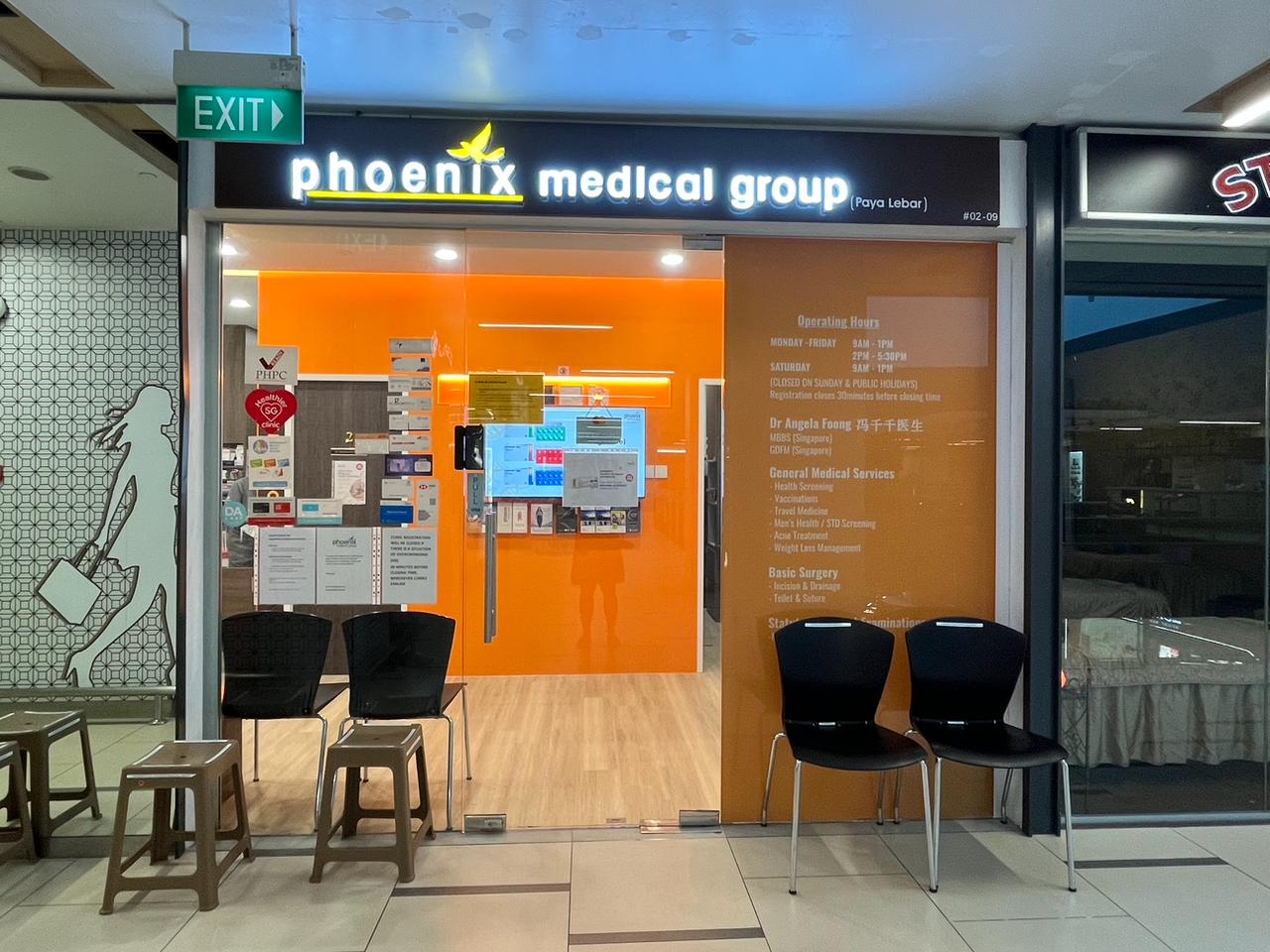
60 Paya Lebar Road, #02-09 Paya Lebar Square, Singapore 409051
9:00 am - 12:30 pm
2:00 pm - 5:00 pm
9:00 am - 12:30 pm

275 Thomson Road,
#01-05 Novena Regency,
Singapore 307645
9:00 am - 2:30 pm
6:00 pm - 8:30 pm (Mon, Tue, Wed & Fri)
9:00 am - 1:30 pm
2:00 pm - 8:30 pm
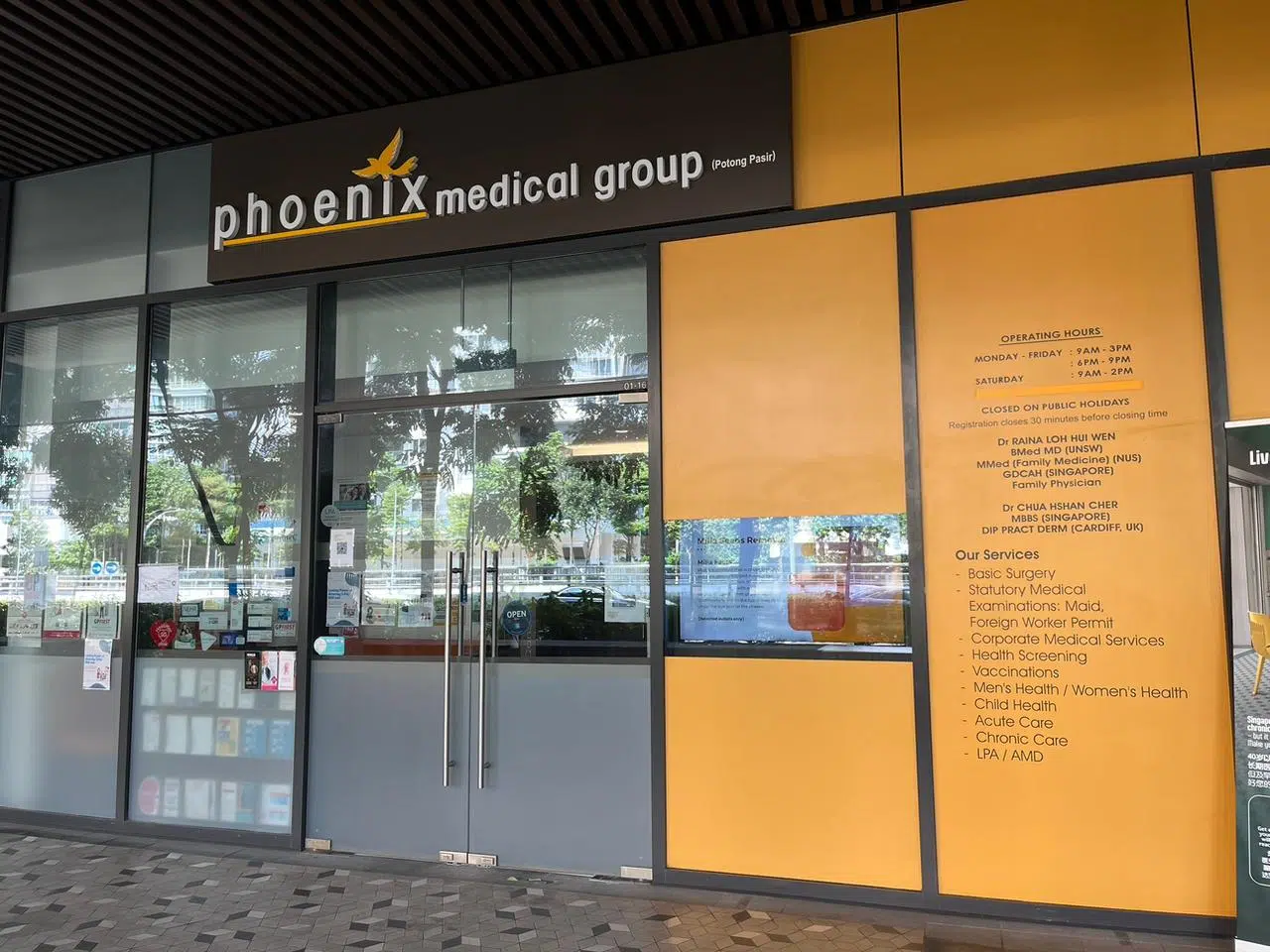
The Venue Shoppes,
2 Tai Thong Crescent, #01-16,
Singapore 347836
9:00 am - 3:00 pm
6:00 pm - 9:00 pm (Mon, Wed & Thu)
9:00 am - 2:00 pm
Closed
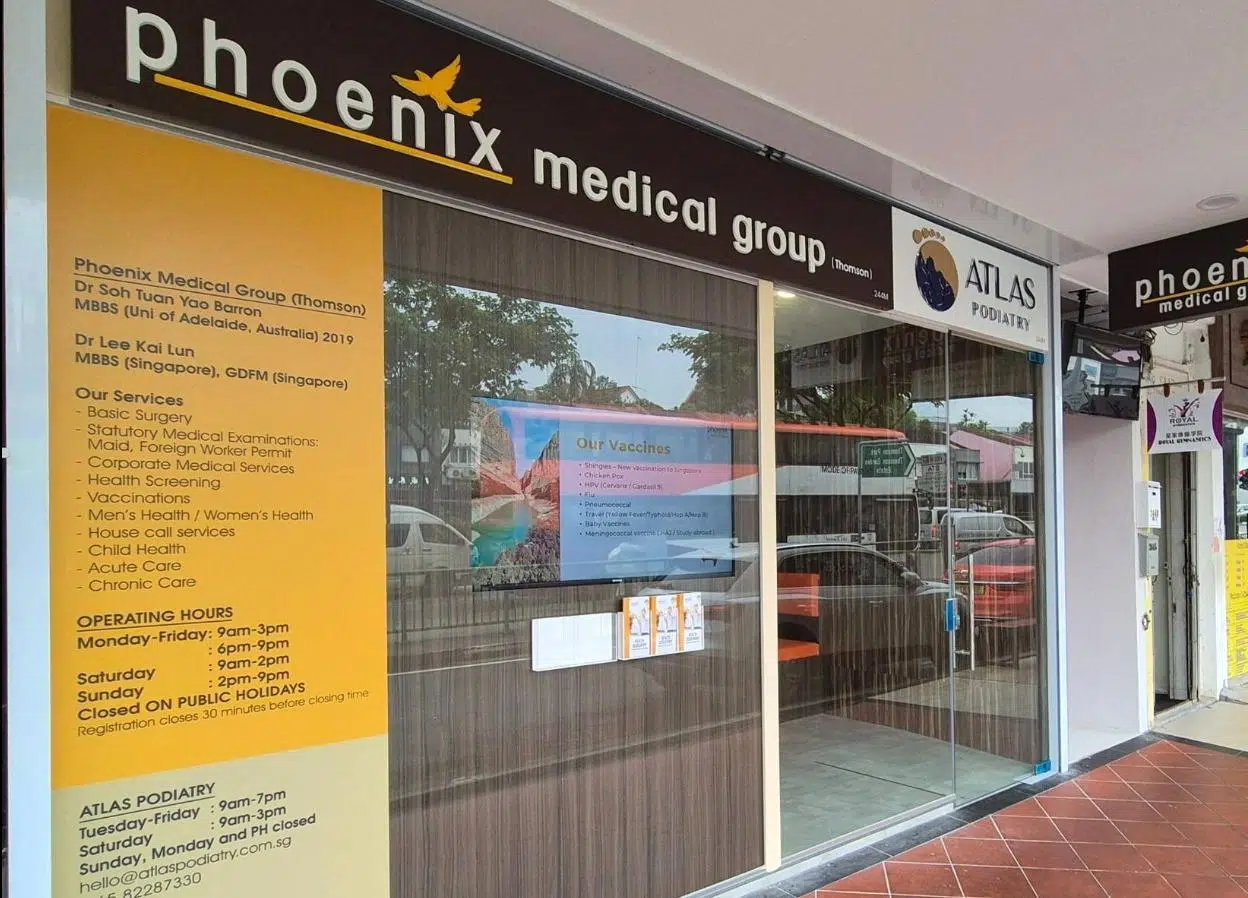
244M Upper Thomson Rd, Thomson Garden Estate, Singapore 574369
9:00 am - 3:00 pm
6:00 pm - 9:00 pm (Mon & Wed)
9:00 am - 2:00 pm
Closed
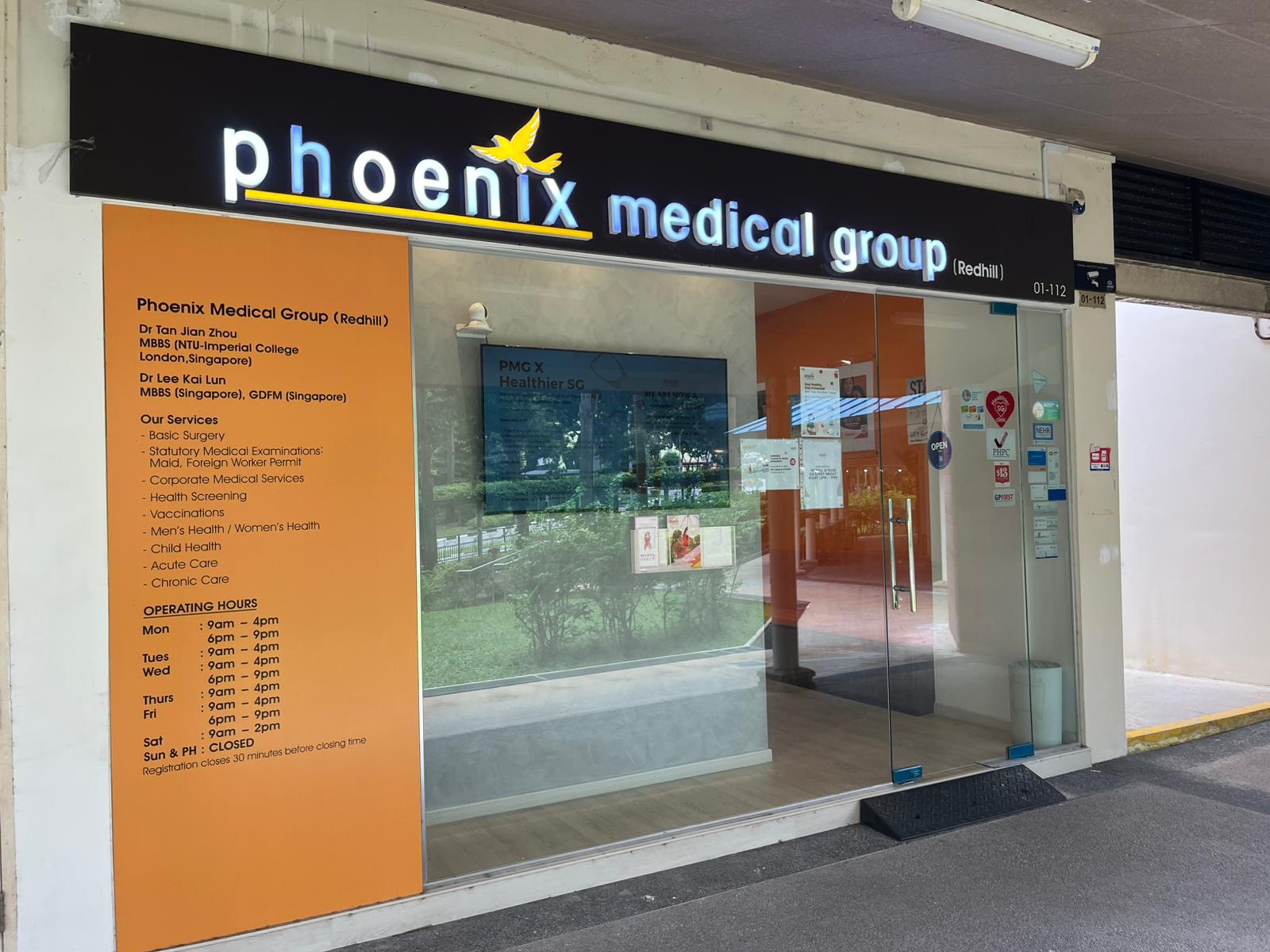
9:00 am - 4:00 pm
6:00 pm - 9:00 pm
9:00 am - 2:00 pm
Closed